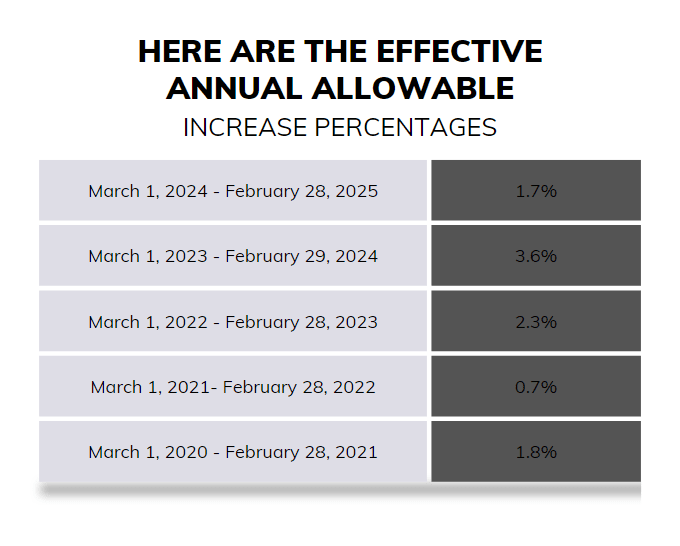As a landlord in San Francisco, understanding the city's rent increase laws is crucial. With some of the highest rents in the country, staying compliant ensures your property investments remain profitable while avoiding legal pitfalls.
What is Rent Control?
Rent control is a set of laws designed to protect tenants from excessive rent increases and to ensure housing affordability. In San Francisco, these laws limit how much a landlord can raise the rent each year. The goal is to provide stability for tenants and prevent sudden, drastic increases that could make housing unaffordable.
The Basics of San Francisco's Rent Control
San Francisco's rent control laws are some of the most stringent in the United States. Here are the key points:
Which Properties are Covered?
- Buildings Constructed Before June 13, 1979: Most rental properties built before this date are covered by rent control.
- Exemptions: New constructions (post-1979), single-family homes, condos, and certain government-subsidized properties are usually exempt.
Annual Rent Increase Limits
The amount a landlord can increase rent is capped annually. The Rent Board sets this limit and typically mirrors inflation rates. For instance, in 2023, the allowable increase was 2.3%.
Just Cause Evictions
Rent control doesn't just limit rent hikes; it also protects tenants from unjust evictions. Landlords need a valid reason, or "just cause," to evict a tenant. Examples include non-payment of rent, lease violations, or the landlord's intention to move into the unit.
Pass-Through Costs
Landlords can sometimes pass through certain costs to tenants, such as capital improvement costs or utility bill increases. However, these pass-throughs are also regulated to prevent excessive charges.
Allowable Rent Increase in San Francisco
According to hrcsf.org “Rent Control was passed in San Francisco on June 13, 1979”. For multi-family properties constructed before June 13, 1979, and subject to San Francisco's Rent Control Ordinance, annual rent increases are tightly regulated.
These properties are allowed to increase rent annually based on 60% of the Consumer Price Index (CPI) growth. Every mid-November, the San Francisco Rent Board announces the CPI change for the previous 12 months, as provided by the U.S. Department of Labor, and sets the allowable rent increase for the upcoming year.
Additionally, landlords must be mindful of several regulations when planning to increase rents. For instance, before any rent increase, landlords must register their units with the Rent Board Housing Inventory. This process involves providing detailed information about each unit, including size, occupancy dates, and rental rates (ZFPLaw).
Current San Francisco Rent Increase: 1.7% Effective March 2024
Starting March 1, 2024, the allowed rent increase in San Francisco is set at 1.7%, effective until February 28, 2025. This is a decrease from the previous year's 3.6% increase, which was effective until February 29, 2024. The allowed increase is calculated based on 60% of the rise in the Consumer Price Index for All Urban Consumers in the Bay Area according to SF.gov.
Conclusion
Staying informed about San Francisco's rent control laws is essential for successful property management.
Need help navigating these requirements? My team and I have connections to trusted vendors like contractors, structural engineers, attorneys, and architects. Let's ensure your compliance together. Call us now at (415) 875-0177 or send Hanna an email at [email protected] to get started.

